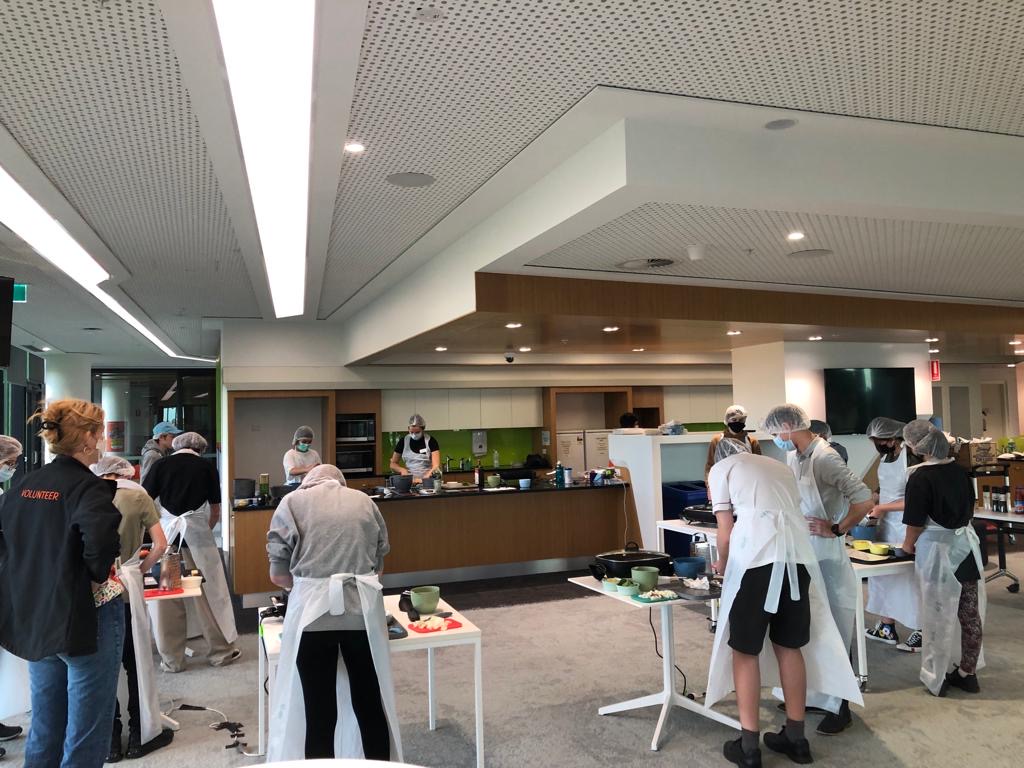Search

the Teaching Kitchens program will start again on Thursday March 9 from 5-7pm, running for four weeks (every thursday evening).

The Rio Tinto Children’s Diabetes Centre; a JDRF Global Centre of Excellence announces inaugural funding for researchers dedicated to type 1 diabetes.

The Perth Children’s Hospital (PCH) Adolescent Diabetes Service (ADS) clinics have had several updates thanks to your feedback, including the introduction of “Welcome to Ads group sessions” for teenagers.

Kids living with type 1 diabetes got to hang out with peers and have a lot of fun at the Diabetes WA and Perth Children’s Hospital kids’ camp in Bicton recently.

Diabetes Research Western Australia (DRWA) are inviting children aged 6-16 living with type 1 and type 2 diabetes to join West Coast Eagles forward Jamie Cripps for a fun-filled footy clinic.

The new automated insulin delivery system by MyLife Diabetes Care is now available on android devices from October 24, 2022.

When two-year-old Clara first went onto the new Ypso HCL system, her mum Sarah found that the pump belt was just a little too big for her.

Our researchers are looking for young children with type 1 diabetes who are using an insulin pump, to take part in the advanced hybrid closed loop in paediatric (HyCLIP) population study.

PCH Diabetes Service Update We have now returned to face-to-face care as we move past the peak of infections in the WA Community.

Congratulations to the Rio Tinto Children’s Diabetes Centre’s Dr Keely Bebbington on being awarded a JDRF Rebecca Davies Clinical Research Fellowship for her research that aims to prevent the onset of anxiety in children with T1D and their families.
